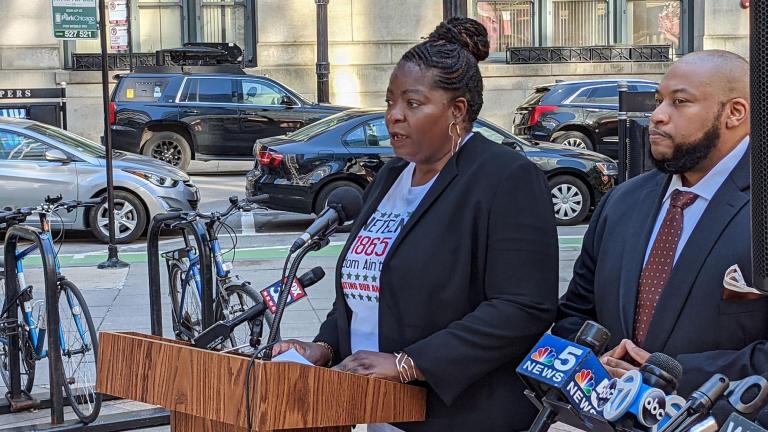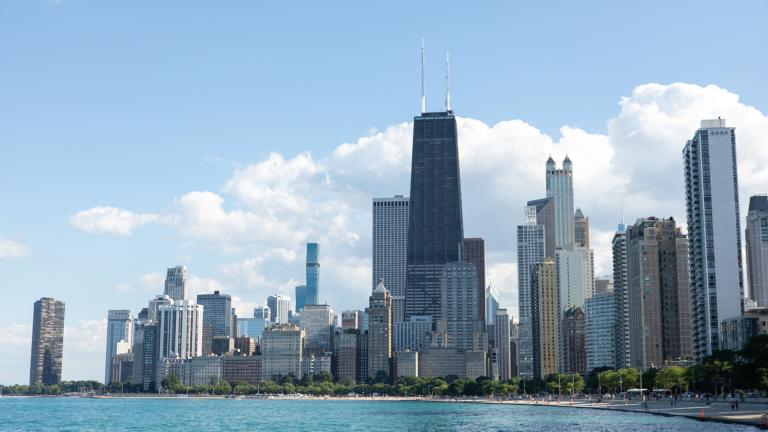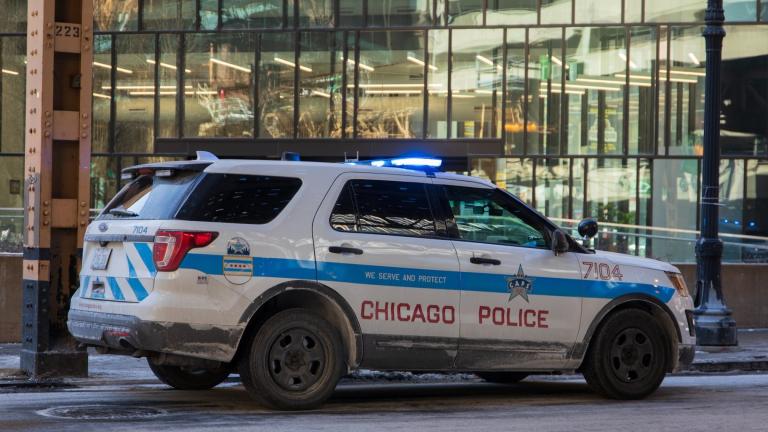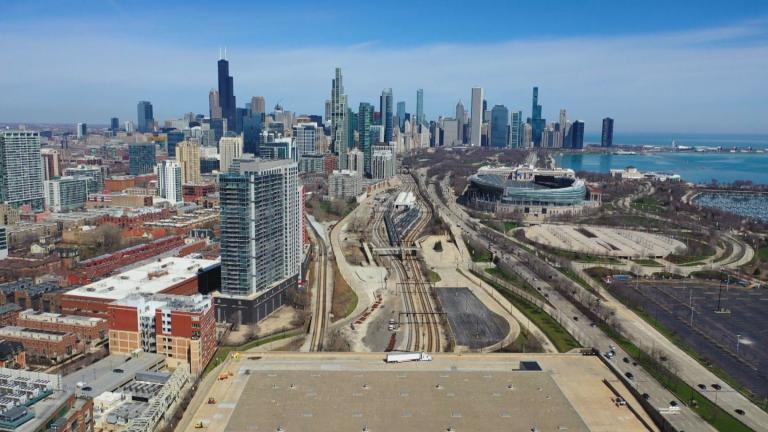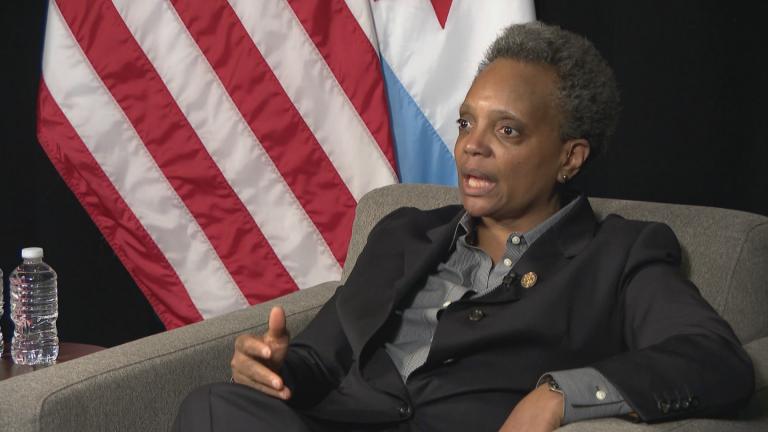Mayor Lori Lightfoot is counting on support from state lawmakers to pass a real estate transfer tax increase on high-end commercial property sales to fund critical services and help close a chronic budget deficit.
But already she is getting pushback.
Lightfoot wants to see a graduated real estate transfer tax that would give a tax break for real estate sales valued at less than $500,000. But sales valued at more than that would be taxed at a higher rate in four tiers. The top rate of tax under Lightfoot’s plan would be for property transfers valued at more than $10 million which would get taxed at 2.55%.
When she was campaigning, Lightfoot said the tax hike would go to programs aimed at reducing homelessness in the city. And now 13 Democratic lawmakers – including 10 from Chicago – have signed a letter saying they will not vote for Lightfoot’s proposal unless at least 60% of the revenue the tax generates is “statutorily dedicated” to combatting homelessness.
Lightfoot has balked at that proposal, saying last week: “That’s never going to happen.”
Lightfoot argues that given the budget deficit the city faces it would not be responsible to commit to spending “in perpetuity” 60% of the revenue the new tax would bring in on reducing homelessness, given that there are other worthy causes that also deserve extra funding.
Now a so-called win-win compromise backed by advocates for the homeless has emerged that supporters claim would bring in sufficient revenue to boost affordable housing without diminishing the revenue Lightfoot wants to trim the budget deficit.
Under the new proposal, property sales valued at more than $10 million would be taxed at 4%, but that rate would only apply to the portion of the sale above the $10 million mark.
“I can’t emphasize enough that we see this proposal as a win-win opportunity for everyone,” said state Rep. Theresa Mah (D-Chicago) in a statement. “It leaves the money that Mayor Lightfoot had budgeted to curb the deficit unscathed, but it also honors her campaign commitment to support a dedicated revenue stream to combat homelessness by investing in permanent, supportive housing. This is what our city desperately needs after generations of chronic under-funding at the city level.”
But the fight over a change to the real estate transfer tax is not the only thing occupying the minds of state lawmakers.
A seemingly ever-expanding federal corruption probe is also taking its toll and some fear it could paralyze the legislature. On Friday, Democratic state Rep. Luis Arroyo resigned after being hit with a federal bribery charge for allegedly offering a $2,500 bribe to an unnamed state senator to support gaming legislation. What that might mean for Chicago’s efforts to secure a casino remains unclear.
And if that wasn’t enough, lawmakers in Springfield also need to decide how to deal with a threat from Exelon that it could shutter four nuclear power plants in the state unless the legislature commits to giving it more money from ratepayers.
Joining “Chicago Tonight” to discuss Lightfoot’s Springfield agenda and more: State Reps. Kam Buckner (D-Chicago), Ann Williams (D-Chicago), Mark Batinick (R-Plainfield) and Deanne Mazzochi (R-Westmont).
Related stories:
Illinois House Moves to Investigate Indicted Representative
Chicago Aldermen React to Budget Proposal, Teachers Strike
Lightfoot: No Property Tax Hike If Springfield Chips In

